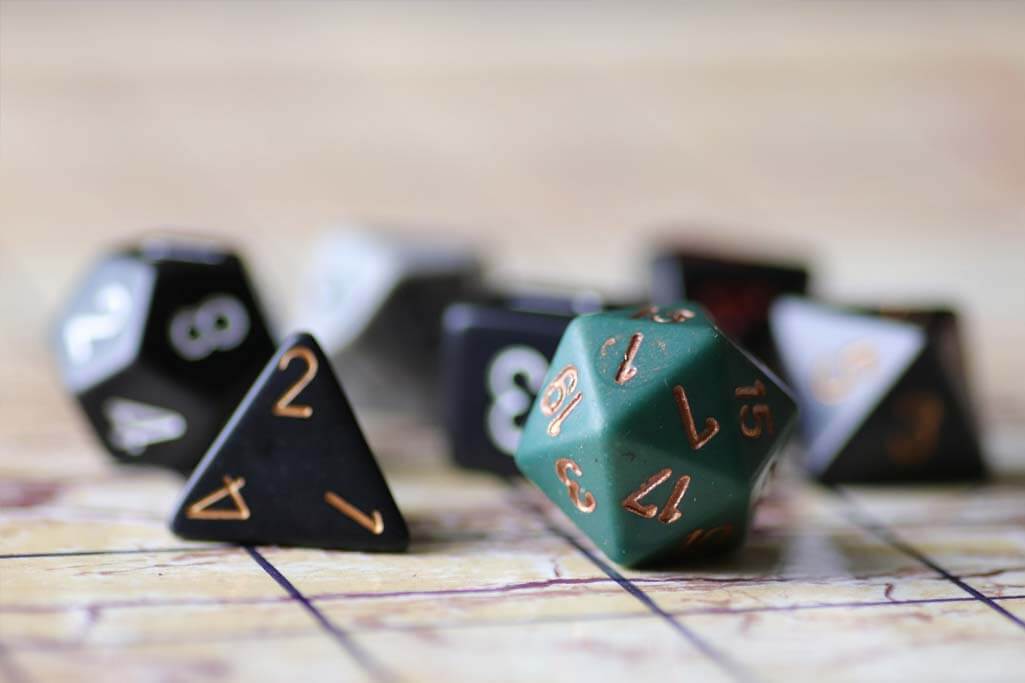Ask anyone a few decades ago what they thought of Dungeons and Dragons, and you’d probably get a blank stare, or even a negative response. In that era, role-playing games were still in their infancy; there were swirling rumors that kids playing them were becoming too involved and possibly even joining cults.
Since that time, games such as Dungeons and Dragons have gradually grown in popularity. Originally seen as games played only by nerds, geeks, and other outcasts, they now have a much bigger mainstream appeal. Initially, the premise of the games can sound confusing. The setting is commonly a “fantasy” world (think Lord of the Rings), where swords and sorcery exist. Of the group playing, one is the “Dungeon Master,” who is a sort of narrator/rules manager. The other players generate “characters,” including descriptions and backstory as well as rolling dice to assign numbers to a variety of attributes (such as Strength). One player’s character may be a strong warrior, and another’s may be a physically frail but powerful magic user. The characters then interact with one another based on what the Dungeon Master describes to them, and dice are rolled to determine the outcomes of actions.
The role-playing system has led to Dungeons and Dragons slowly becoming integrated into other settings, including in therapy for issues such as autism or social anxiety. Players tend to create characters that reflect their own values, or values they wish they had, and the situations they face and their reactions can result in players becoming more introspective, especially with therapist guidance. Therapy groups specifically geared towards using Dungeons and Dragons have seen therapeutic outcomes as their games progress. The social interaction piece has its benefits as well; with guidance, players learn turn-taking in conversations, collaboration, and problem-solving.
New Directions for Young Adults hosts a weekly Dungeons and Dragons game, and it has quickly become one of the most popular social events. Student have built strong relationships playing together, often creating their own games to play in between. Particularly motivated students have even taken on being the Dungeon Master, practicing leadership and communication skills. Feedback from this group provides valuable information for the treatment team.
Social activities are a vital aspect of New Directions for Young Adults, and aim to give students a variety of experiences in public settings. For more information on social activities, click here (NDFYA Social Skills Program Social Events video).




